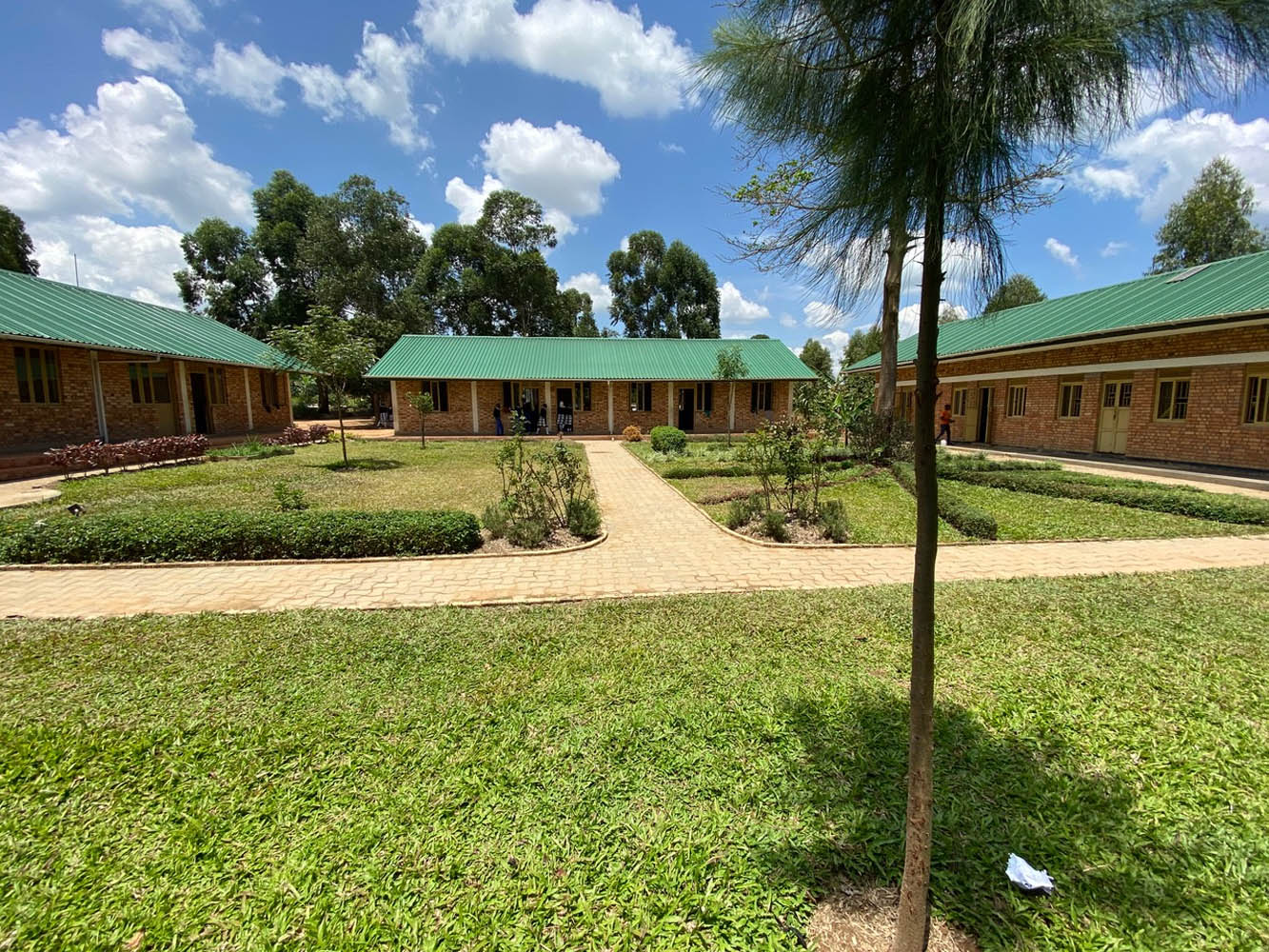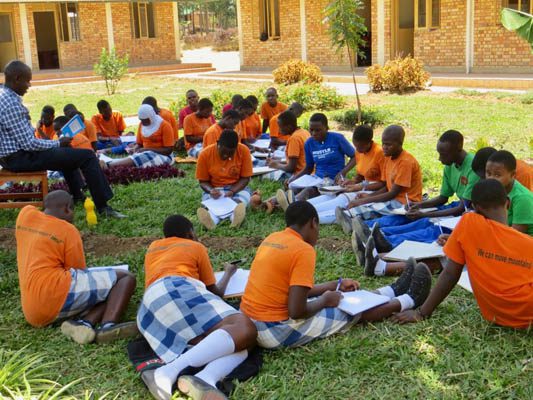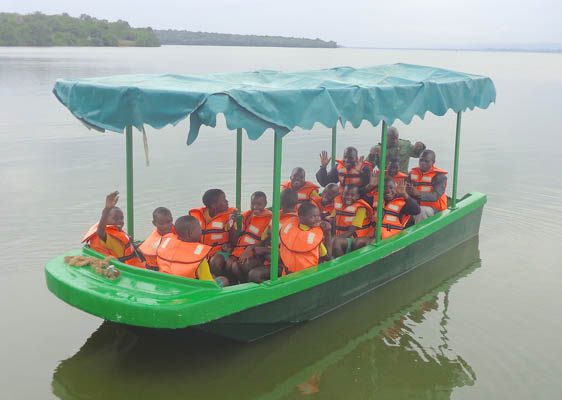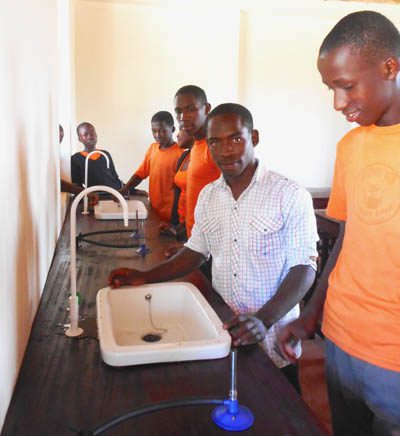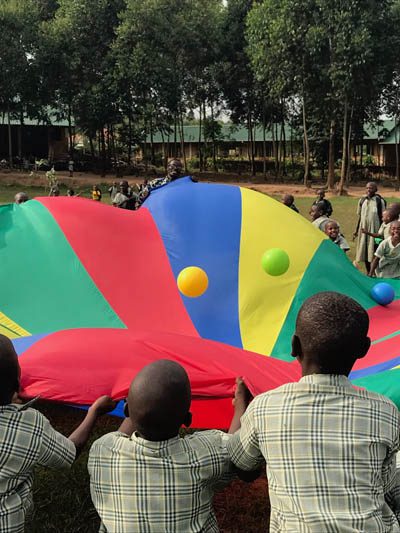Education
Education is the most powerful weapon which you can use to change the world. – Nelson Mandela
We are dedicated to Holistic Education, addressing all aspects of a child’s personality. We are also committed to practical education including life skills, entrepreneurship, and career development.
In practice this means we help provide support for:
- Excellent, caring teachers.
- Opportunities outside of the classroom such as field trips, clubs, sports and games, music, dance and drama.
- Enrichment activities both in and outside the classroom.
- Uncrowded classrooms that are designed and equipped for active learning.
- Good teacher to student ratios where class size is limited.
Nutrition and Health
Hunger and malnutrition are widespread among Ugandan school children. We have visited many Ugandan schools where children are listless, skinny, and sickly. Schools generally require the parents to pay for breakfast and lunch. But the few shillings charged are beyond most guardians.
We provide support for all aspects of good nutrition and health at Mustard Seed:
- Meals for all students and staff at Mustard Seed
- Enough food and a well-balanced diet.
- Proactive and preventative health care.
- School nurses and teachers encourage malaria prevention, vaccinations, hygiene.
- Safe water and WASH education (water, sanitation, hygiene) for all students.
- Treatment by the school nurses. If the problem is more serious, the child is taken to a local clinic.
- Higher-level care such as surgery, physical therapy, eyeglasses if needed.
- HIV/AIDS testing, with counseling and support when called for.
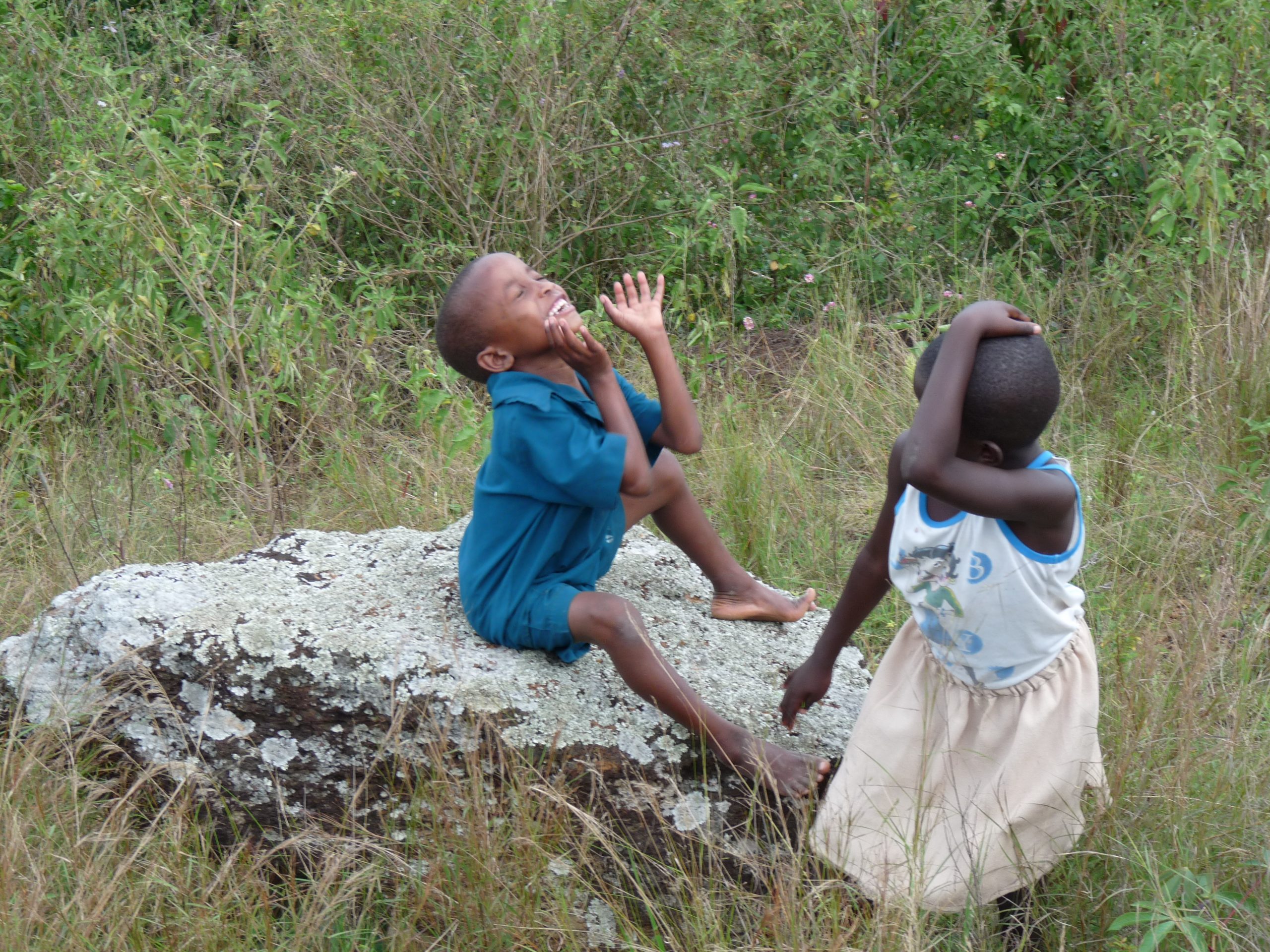
Conservation and Sustainability
Sustainable development is one of RPU’s core values. And, we are pleased to play a small role in the much larger global agenda for peace and prosperity for people and the planet.
The 2030 Agenda for Sustainable Development, adopted by all United Nations Member States in 2015, provides a shared blueprint for peace and prosperity for people and the planet, now and into the future. At its heart are the 17 Sustainable Development Goals (SDGs), which are an urgent call for action by all countries – developed and developing – in a global partnership. They recognize that ending poverty and other deprivations must go hand-in-hand with strategies that improve health and education, reduce inequality, and spur economic growth – all while tackling climate change and working to preserve our oceans and forests.
How are the children of today’s children going to find pure water, fertile land, and clean air? And, how are they going to get a quality education leading to productive lives?
We researched sustainable options for development, and we are implementing them wherever possible. In each case, we tried to recognize the need for stakeholders’ involvement and education.
One key issue is resource-use:
- Land use– Professionals, including a team from eMI, planned the Mustard Seed campuses. Plans include food gardens and trees for shade and air purifying. Pathways and plantings reduce erosion.
- Water from the roofs is collected and stored for use during the dry season. Deep wells provide a consistent supply of potable water at little cost. And, neighbors benefit with good, free water via the Community Water Station.
- Electrical energy is from solar panels with hydro-electricity added when needed.
- Waste is minimized and recycling is practiced
- Sanitation– Eco-friendly solutions are being used, including biogas toilets and Ventilated Improved Pit Latrine (VIPs).
- Building materials– We use ISSBs (Interlocking Stabilized Soil Blocks) wherever feasible. Larger buildings are constructed with locally manufactured bricks.
- Agriculture– Our emphasis is on integration and conservation agriculture. Organic practices are used wherever feasible.
A second key issue in sustainable development centers on reducing inequality. To improve the quality of life of individuals and to ensure the future of MSA we support:
- Eco-friendly enterprises that help fund the school while offering educational opportunities.
- Gender equality. There are more girl students than boy students at MSA. Girls have the same opportunities as boys and are in many leadership positions. Girls get an AfriPads kit at least once a year. AFRIpads provides “Girl Talk,” a suite of free educational materials on menstruation, a period storybook, and a data collection tool. MSA has been using this resource since 2012.
- Buying local, green, and clean.
